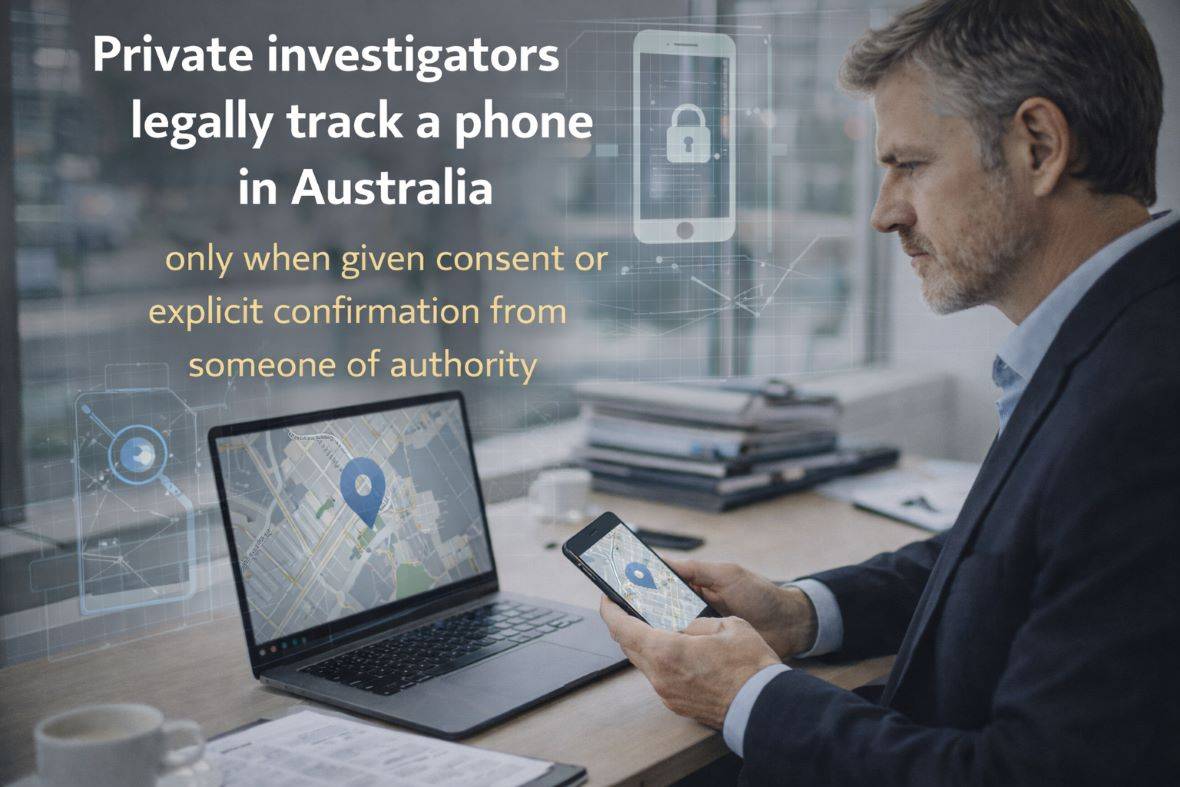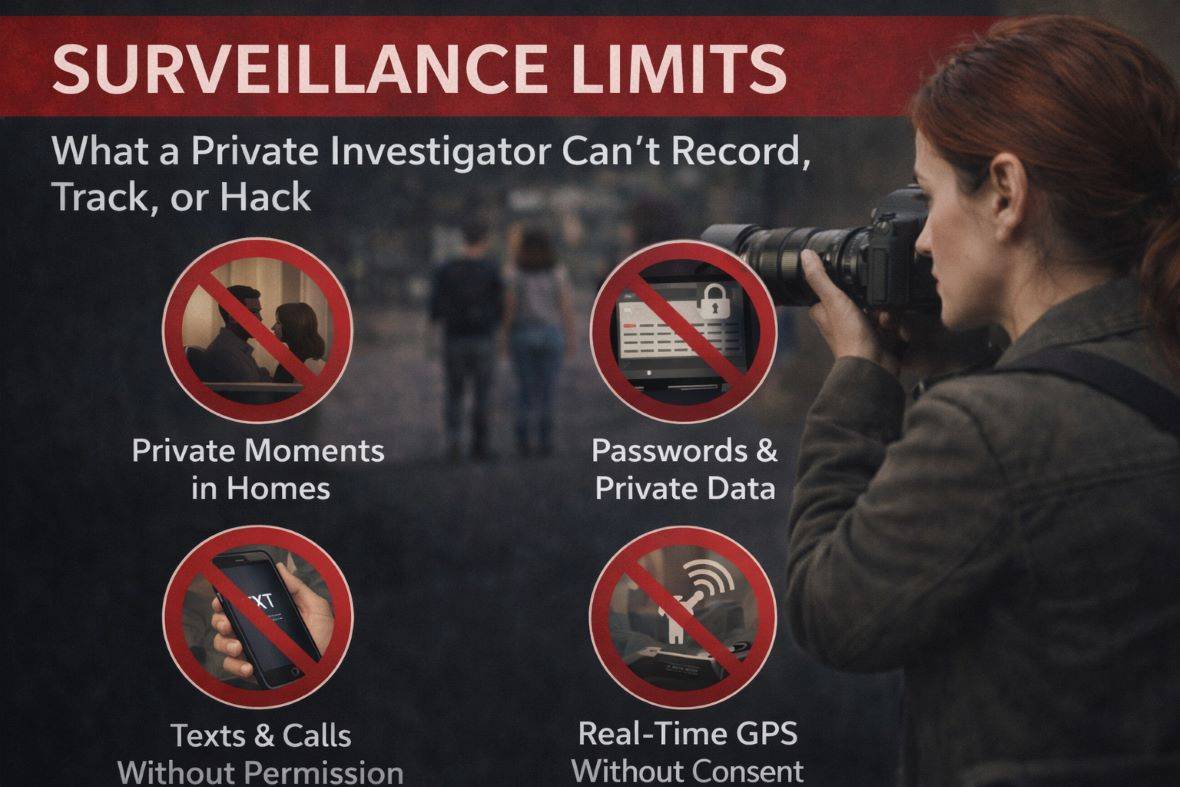
Forensic Investigation takes center stage in the world of cybersecurity, particularly in Australia, amid our modern digitized era. As dependence on digital technology intensifies, ranging from small enterprises to massive corporations, the unnoticed component of cybersecurity, the forensic investigation, gains prominence.
The critical importance of comprehending the vital role of forensic investigation in ensuring cybersecurity is clearer than ever in our progressively digital-dependent society.
Why Cybersecurity is an Important in Our Times
The digital era has changed our lives a lot. But along with these changes are risks. Cyber threats are increasing. They hit businesses, governments, and everyday people. This is why cybersecurity is a must in our times. Here’s why:
- It keeps our valuable info safe from theft and damage.
- It protects our digital systems.
- It cuts down the risk of harmful cyber attacks.
Knowing these, we can see why forensic investigation is so important in cybersecurity.
What Forensic Investigation Does
The forensic investigation uses science and tech to dig up facts for court cases. In the cybersecurity world, we call it digital forensics. Its main goal is keeping, identifying, getting, documenting, and explaining electronic data. But why is this so important in cybersecurity?
- Data Recovery: Getting back lost or deleted data is important in digital forensics. This process can show digital trails that can lead to a significant discovery in a case.
- Spotting Security Breaches: Digital forensics can help find the source of security breaches. This can help organizations shield themselves from future threats.
- Legal Evidence: If cybercrimes happen, the proof gathered during a forensic investigation can be used in court. It can have a big effect on the outcome of the case.
The Role of Forensic Investigators
Forensic Investigators are professionals trained in the field of forensic science. Their work involves collecting, preserving, and analyzing physical evidence from crime scenes. In the context of cybersecurity, forensic investigators are specialists in examining digital evidence from cybercrimes. They’re adept at handling intricate data recovery tasks, including retrieving “deleted” data. Their work helps identify data movement patterns, trace email and computer correspondence, and even detect a person’s location at a certain time on a specific day.
Phases of Digital Forensics
Digital forensics involves several phases. Here they are, explained:
Preservation
Preserving the original data is the first step in any digital forensic investigation. During this phase, investigators ensure that the digital evidence is protected from alteration or loss.
Acquisition
The acquisition phase involves creating a binary copy of a device’s data. It’s like taking a digital ‘photograph’ of the device, providing investigators with a workable copy that keeps the original data untouched.
Analysis
In the analysis phase, forensic investigators analyze the digital copy for evidence. They look for any hidden or deleted files relevant to the investigation.
Documentation
The final phase is documentation. Here, the investigator documents their findings in a detailed report, which can be presented in court as evidence.
Cyberforensic Security Tools
Cyber forensic security tools are the bedrock of any forensic investigation. They allow investigators to retrieve, analyze, and preserve digital evidence effectively. These sophisticated tools facilitate in-depth research and data recovery, even from files that might have been intentionally deleted or damaged.
Let’s take a glance at some commonly used tools:
Disk and data capture tools
Help investigators clone hard drives for analysis, ensuring the original data remains intact.
File Viewers
These allow investigators to view files in their native formats.
Registry analysis tools
These aid in analyzing Windows Registry files, often revealing valuable insights about the user’s activities.
Keeping Private Data Private
While the forensic investigation in Australia is a powerful tool in cybersecurity, it also has its ethical considerations. Companies conducting these investigations must respect privacy boundaries and only access data pertinent to the case. Furthermore, all data recovery must be done legally to ensure the evidence is admissible in a court of law.
As cyber threats evolve, the role of forensic investigation in cybersecurity becomes even more pronounced. By combining the power of digital forensics with robust cybersecurity measures, we hope to create a safer, more secure digital world.
With companies like Triumph Australia providing specialized services, you can rest assured that your digital safety is in expert hands. We uphold the utmost respect for private data, accessing only areas relevant to the case and ensuring any recovery is made legally.
Remember, the proof is in the forensics when it comes to cybersecurity. Contact Triump Australia to arrange a forensic investigation and secure your digital world today.










